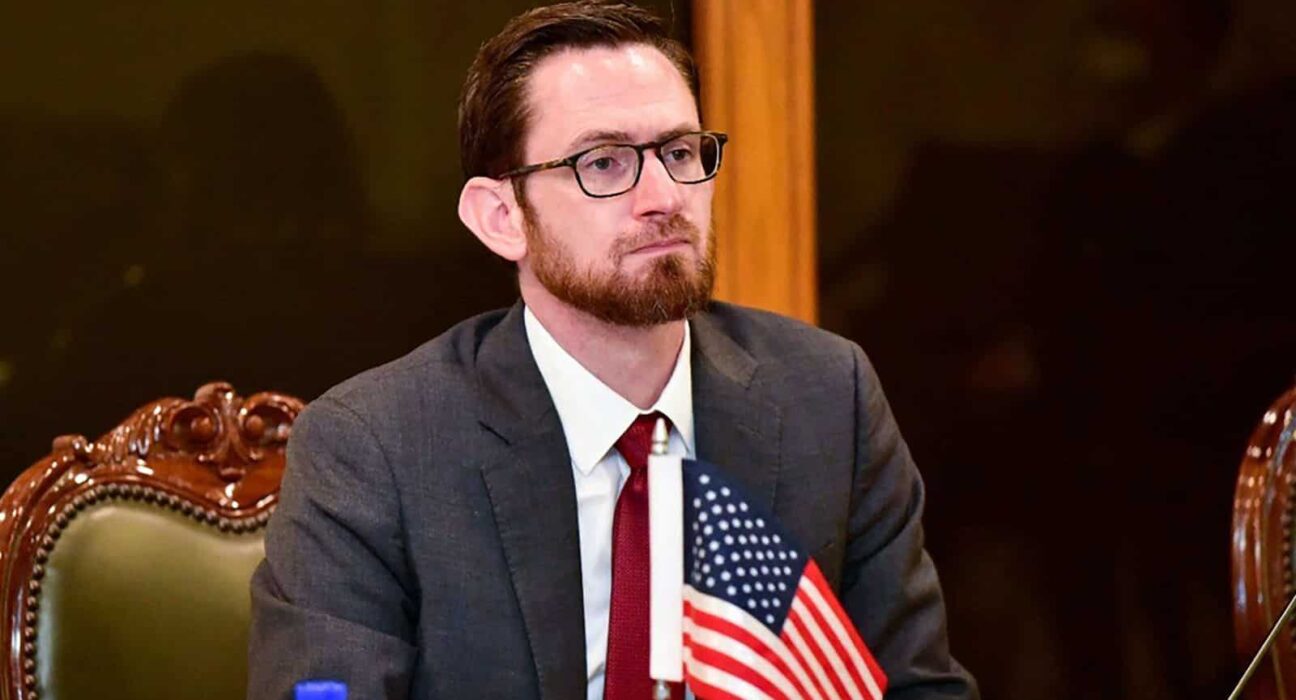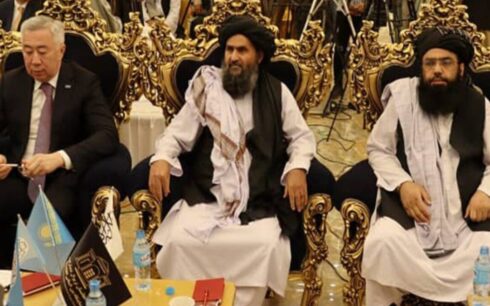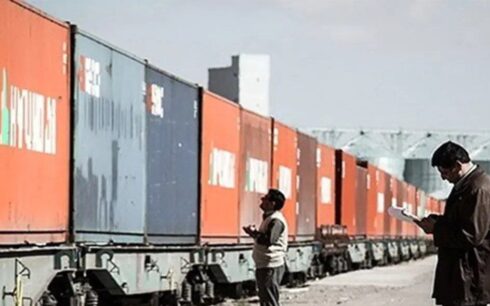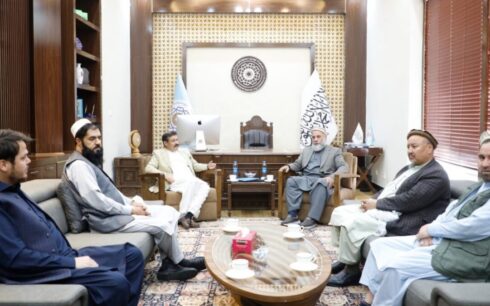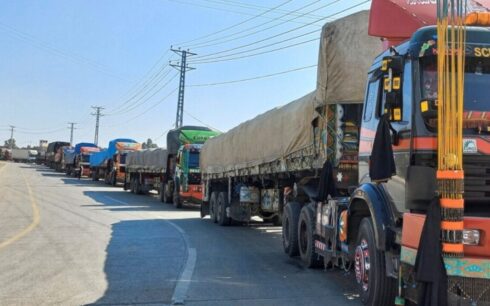Thomas West, US’s special representative for Afghanistan, on Wednesday said that the new fund established for management of the part of the frozen assets of the central bank will not be given access to the Taliban.
Two Afghans, former finance minister Anwarul Haq Ahady and Mahmoud Shah Mehrabi the former governor of the central bank are the founders of the “Afghan Fund” and two other monitors from the US and Switzerland will oversee the channelling of the money to Afghanistan, but not the Taliban.
“In the coming days, the $3.5 billion in licenced assets that President Biden’s Feb 11 executive order protected and preserved for the people of Afghanistan, we will effectively move from New York and add an account in the bank of international settlement in Switzerland.
The creation of this foundation does not impact the other $3.5 billion that remains judicially in combat, he added.
He said that the vast majority of the money will be untouched. It will be preserved for a future recapitalization of the Afghan central bank and the financial system.
He said there are three conditions for the Taliban: independent monitor in place, a credible AML/CFT architecture in place – Anti-Money Laundering/Combating the Financing of Terrorism, and an institution walled off from political interference.
West stated that some of the money will be used for the ADB payments, the World Bank payments and debts to Uzbekistan for electricity
In response to a question about Taliban’s position on the decision about the frozen funds, the US envoy said that it is on the Taliban to respond on this.
“We have been exceedingly transparent with the technocrats of the DAB regarding the shape and the character of this initiative, we have been transparent with the Taliban. We have met them in person in Doha, in person in Tashkent, over period of months to characterize why we felt this was important,” he added.
West said that the use of the fund will need some work on every side’s part.
“It is going to take work on their part. I am pleased d to report that on one of these conditions, the introduction of a monitor, the Taliban have agreed in theory. Now let’s see how effectively our monitor can do it work. But I think that is a good sign,” he added.
He said that there are a lot of countries in touch with the Taliban in order to protect their interests and that US is in touch with them as well.
“The United States would very much support pragmatic engagement between these founders and the Taliban,” West said. “They are not acting on our behalf. They are private citizens who have deep, deep knowledge of Afghanistan’s macroeconomic situation.”
In response to a question about Taliban recognition, he said that in the US system, the term recognition doesn’t mean a whole lot because finally “you recognize and you don’t recognize.”
“No country has moved any assets, any of the country’s assets at the central bank, no country has formally stood up and recognized the Taliban as a government, no country has seriously advocated for sanctions removal, no country has argued for the receiving of the Taliban’s permanent representative nominee at the United Nations and many, many countries have not welcomed the Taliban’s diplomats in their systems,” he said.
According to US Department of State, the Taliban are not a part of the Afghan Fund, and robust safeguards have been put in place to prevent the funds from being used for illicit activity.
The Afghan Fund will maintain its account with the Bank for International Settlements (BIS) based in Switzerland.
The BIS is an international financial organization that provides a range of financial services, including banking services to central banks, monetary authorities and international financial institutions. An external auditor will monitor and audit the Afghan Fund as required by Swiss law.
“The people of Afghanistan face humanitarian and economic crises born of decades of conflict, severe drought, COVID-19, and endemic corruption,” said Wendy Sherman, United States Deputy Secretary of State. “Today, the United States and its partners take an important, concrete step forward in ensuring that additional resources can be brought to bear to reduce suffering and improve economic stability for the people of Afghanistan while continuing to hold the Taliban accountable.”
According to the World Bank, income and economic output in Afghanistan have fallen 20-30 percent, imports have declined by approximately 40 percent, and about 70 percent of Afghan households report they are unable to fully meet basic food or non-food needs. Disbursements from the Afghan Fund could include keeping Afghanistan current on its debt payments to international financial institutions, which would preserve their eligibility for development assistance, and paying for critical imports, such as electricity.

